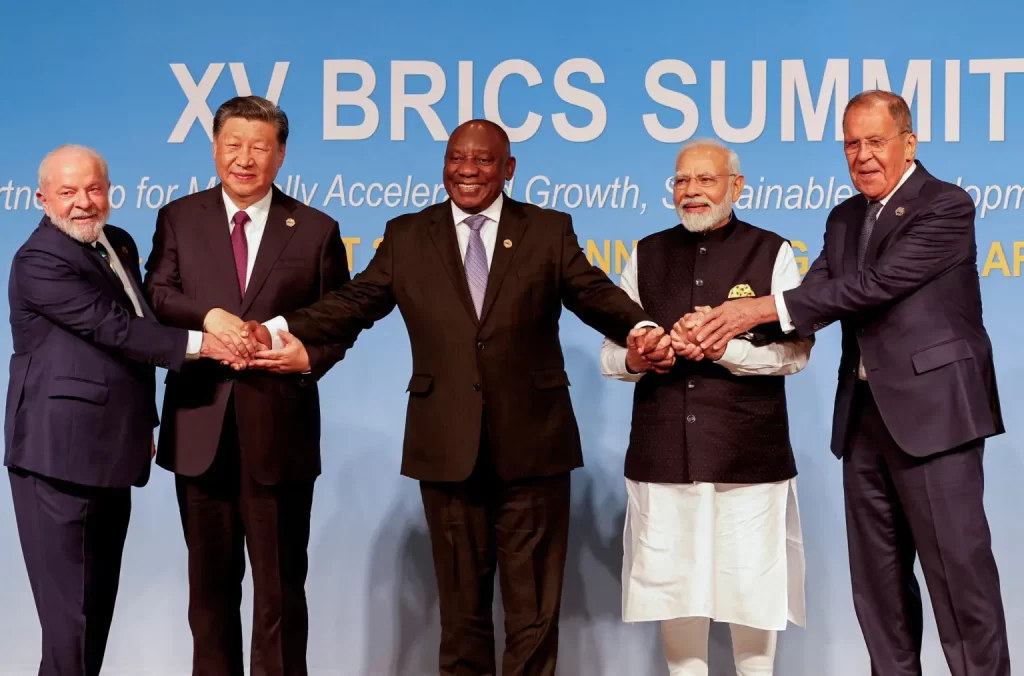By The Harlem Times Staff
BRICS, the economic block comprising Brazil, Russia, India, China, and South Africa (among others), has been making waves in the global economy in recent years. The group represents a significant portion of the world’s population and economic output, with a combined GDP of more than $16 trillion. As the bloc continues to grow and assert its influence on the world stage, it raises questions about how its rise might affect the global economy and individual financial well-being.
In his seminal work, “The Wealth of Nations,” economist Adam Smith explored the principles of free-market capitalism and the importance of specialization and division of labor in driving economic growth. The BRICS countries have each embraced these principles to varying degrees, leading to rapid industrialization and economic development in recent decades. China, in particular, has become known for its manufacturing prowess, while India has emerged as a hub for information technology services.
Despite their impressive economic growth, the BRICS countries still face challenges such as income inequality, corruption, and infrastructure deficiencies. As the bloc continues to expand its influence on the global stage, it remains to be seen how these internal challenges will impact its ability to compete with the established economic powers of the West.
Some analysts have suggested that BRICS could emerge as a rival to the West, challenging the dominance of countries like the United States and European nations in the global economy. Others argue that the bloc could serve as a partner to the West, offering new opportunities for trade and investment.
Regardless of how BRICS is viewed, its rise is likely to have implications for individual financial well-being. As the bloc’s economic power grows, opportunities for trade, investment, and employment could increase for individuals and businesses in the member countries. On the other hand, increased competition from BRICS could put pressure on Western economies, leading to job losses and reduced economic growth.
To prepare for the inevitable rise of BRICS, individuals can take several steps to protect their financial interests. New Yorkers and Harlemites in particular, should look into diversifying their investments across different asset classes and geographies, helping to mitigate the risks of exposure to any one economy. Additionally, staying informed about global economic trends and developments in the BRICS countries can help individuals make informed decisions about their financial futures.
The rise of BRICS represents a significant shift in the global economic landscape. While the bloc’s potential as a rival or partner to the West remains uncertain, it is clear that individuals need to be prepared for the implications of its growing influence. By staying informed and taking proactive steps to protect their financial interests, Harlemites can navigate the changing economic landscape and position themselves for success in the era of BRICS.
Cover photo via Reuters

